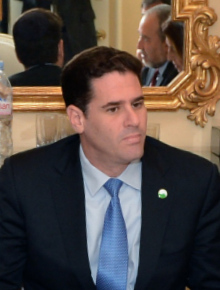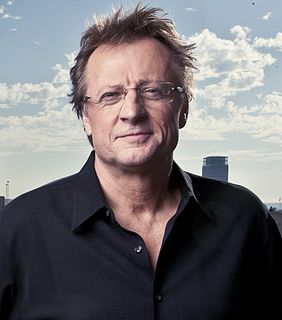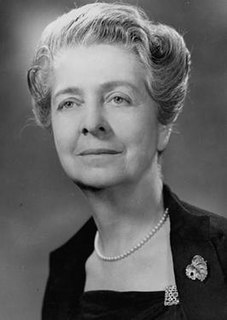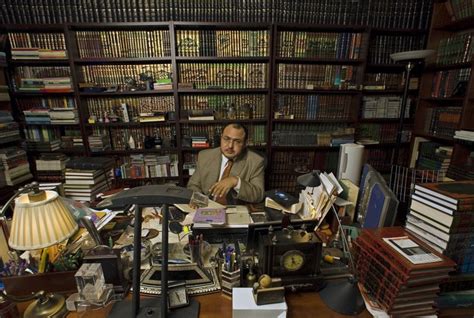A Quote by Samuel P. Huntington
I think in theory, the United States finds it much easier to deal with situations where there is a leading country. You can go to the leaders of that country and say, for example, to India, "There are all these problems in Bangladesh, we really have to do something about it, what do you suggest we can do to work out a common policy?" But when you don't have the equivalent of India, you have to go capital to capital trying to put together a coalition, which is extraordinarily difficult, especially in the Arab world, because of the historic rivalries and branches of Islam.
Quote Topics
About
Arab
Arab World
Bangladesh
Because
Branches
Capital
Coalition
Common
Country
Deal
Difficult
Easier
Equivalent
Example
Extraordinarily
Finds
For Example
Go
Historic
India
Islam
Leaders
Leading
Much
Out
Policy
Problems
Put
Really
Say
Situations
Something
States
Suggest
Theory
Think
Together
Trying
United
United States
Which
Work
Work Out
World
Related Quotes
There's a lot of disputes around the world, a lot of territorial conflicts around the world. But Israel is the only country in the world whose capital is not recognized. I don't think the United States recognizing Jerusalem as a capital will prevent any sort of peace agreement from happening in the future. It's not actually a sensible argument. What it will do is it will right a historic wrong. Something that should have happened 69 years ago will finally happen. And then we have to get about the process of trying to advance peace between the parties.
Anyway, what is a country? When people say, "Tell me about India," I say, "Which India?.... The land of poetry and mad rebellion? The one that produces haunting music and exquisite textiles? The one that invented the caste system and celebrates the genocide of Muslims and Sikhs and the lynching of Dalits? The country of dollar billionaires? Or the one in which 800 million live on less than half-a-dollar a day? Which India?"
I would especially like to appeal to my country's media that we should stop looking at everything in India from the prism of Pakistan. India is an independent country. It is a country of 125 crore people. Whenever it approaches any country, it will only be concerned about its own interests. It has been our biggest shortcoming and mistake that we have been tagging ourselves with another country and trying to do things.
In pursuing economic growth, India and the United States share similar values and similar challenges. We understand that the global economy is here to stay. To keep growing and leading the world in innovation and opportunity, the United States and India must trade freely, openly, and according to the principles of the global marketplace.
People in the United States don't like to hear it, but puritanical Islam has been on the rise because of our unequivocal policy of absolute support for Israel, regardless of what Israel does - even if they invade Lebanon and bombard a major city like Beirut, full of civilians. Israel has atomic bombs, but we go nuts if any Arab country or Iran develops even nuclear capabilities.






































